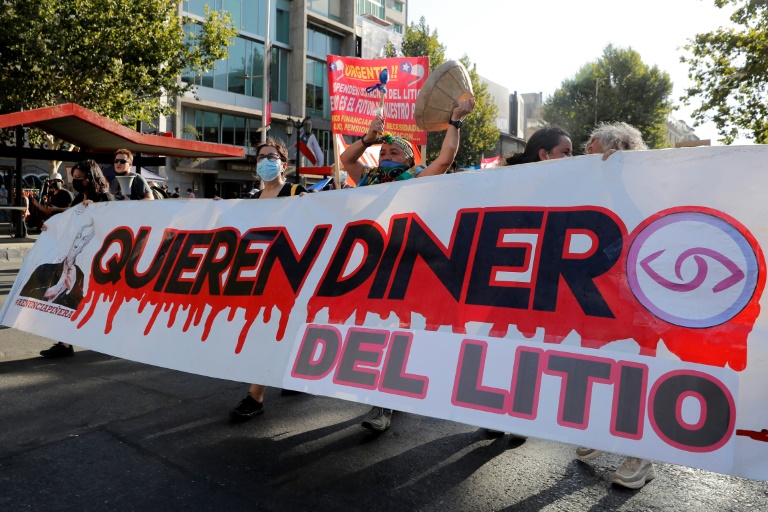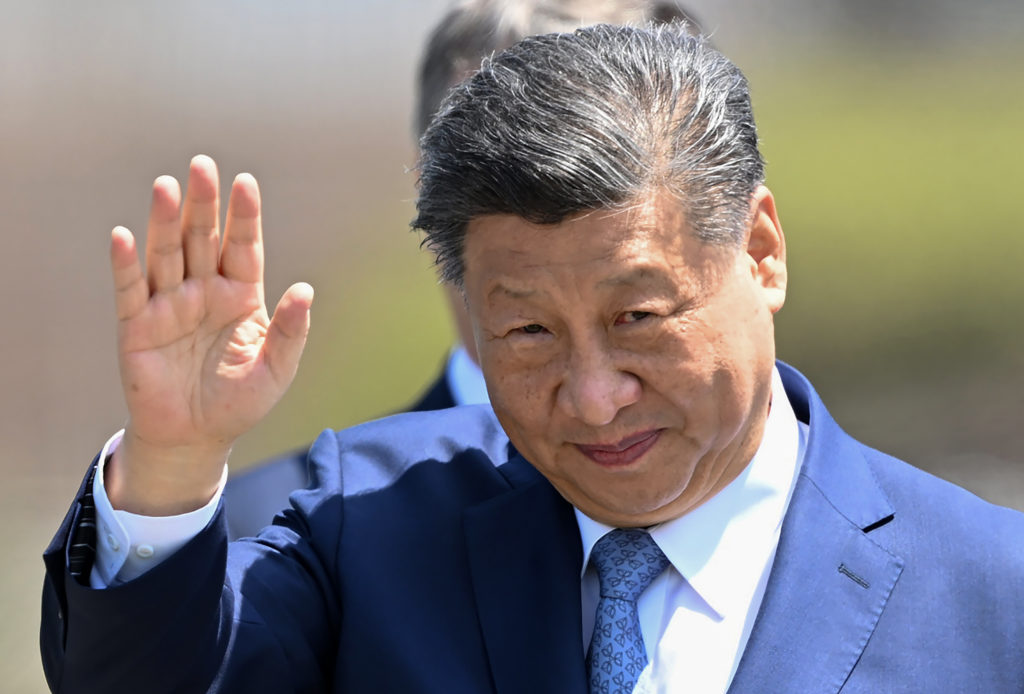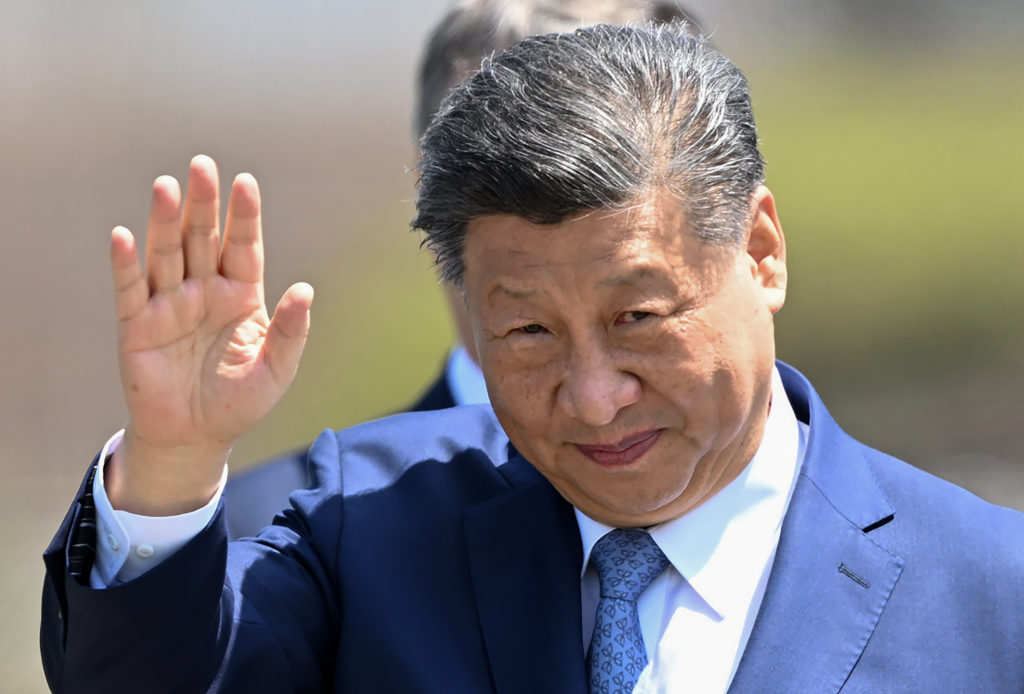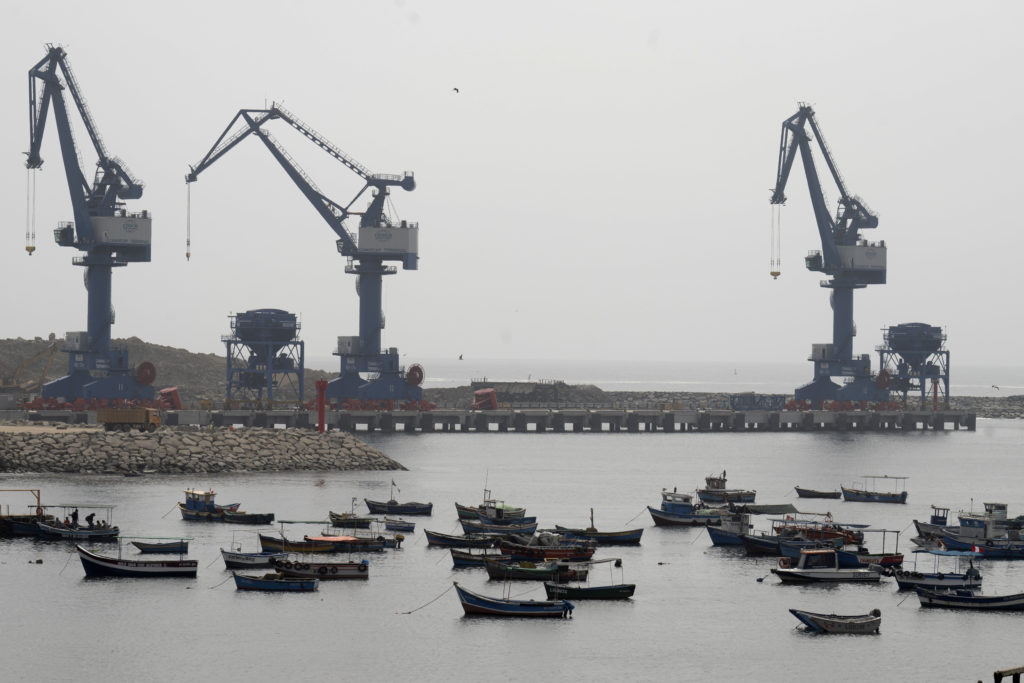Chileans took to the streets Friday to protest a government plan to sell a lithium extraction contract, reviving debate about nationalization of the resource as a new leftist president prepares to take over.
Protests were called by the opposition under the banner: “To reclaim our resource.”
Opposition lawmakers launched a court action — rejected Friday because the clock on the process had run out — earlier this week to stop the bidding process for a 20-year contract to extract 400,000 tons of lithium in the world’s second-largest producer of the metal, which notably is used in electric car batteries.
The tender process, which opened last October, will close this month, just two months before center-right president Sebastian Pinera is replaced by leftist Gabriel Boric.
In Santiago Friday evening, marchers chanted, “Pinera, understand that lithium is not for sale.”
Boric, Chile’s youngest-ever leader, was elected last month on a promise of installing a “social welfare” state and has said Chile cannot repeat the “historical error of privatizing resources” such as lithium.
Boric has proposed creating a “national lithium company” similar to the national Copper Corporation (Codelco) — the world’s biggest copper company formed in the 1970s out of nationalized mining firms.
Copper mining was nationalized by the government of Marxist ex-president Salvador Allende, ousted by dictator Augusto Pinochet who introduced a neoliberal, free market-friendly constitution that is now being rewritten in response to a mass uprising in 2019 against deep social inequality.
“We have two options: either we leave lithium in the ground or we use lithium for the benefit of all Chileans,” President Pinera told reporters Friday.
“After seeing that lithium production had stagnated in Chile… and that countries such as Argentina and Bolivia were threatening to overtake Chile, we decided to launch a strategic plan to use lithium,” he added.
But lawmaker Raul Soto of the center-left Party for Democracy, who submitted court papers Tuesday to stop the tender process, said Pinera’s government was “putting the general interest of the nation at risk.”
The government argues the sale is needed to return Chile to the position of the world’s largest lithium producer, which it was until 2016.
It is currently number two, after Australia.
Five companies, including Chilean mining giant SQM and American Albemarle, have submitted tenders worth tens of millions of dollars for the license.
The government says the contract will cover no more than four percent of Chile’s known lithium reserves — it holds 57 percent of the world total — and insists the winning bidder will have to comply with strict environmental regulations.











